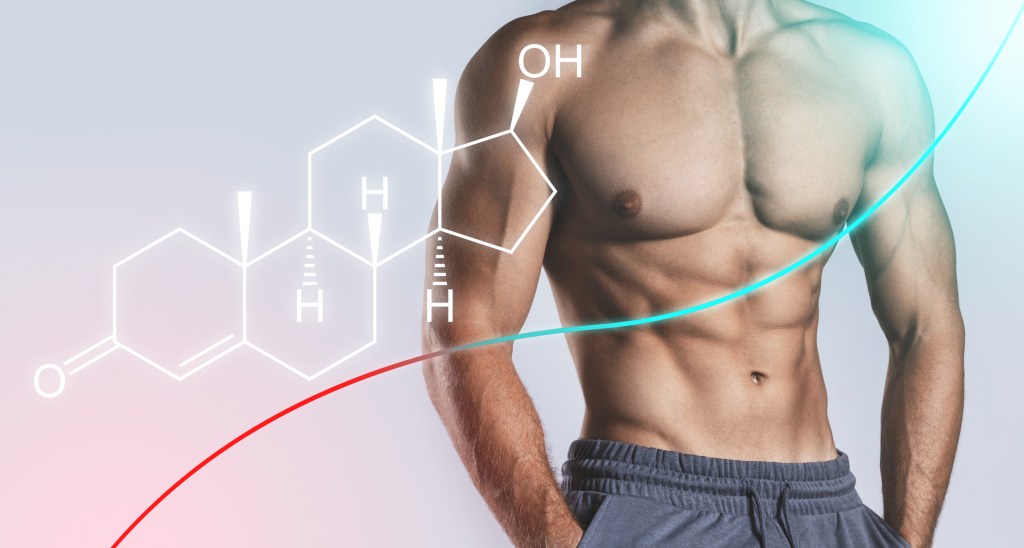Boost your levels of testosterone, the primary hormone behind muscle growth and healthy libido, with these science-supported supplements
Feeling sluggish in the gym? Lacking libido? Struggling to maintain an erection? You might be suffering from low testosterone levels. But don’t despair – you don’t need to turn to injections to reverse the slide. Try taking these three science-supported supplements and supercharge your testosterone levels.
ZINC
Zinc is an essential trace mineral that’s found in hundreds of different enzymes in the body and is vital for general health. It is often marketed as a testosterone booster, but taking zinc supplements doesn’t actually help with this unless your testosterone levels are low because of zinc deficiency.
You may be deficient if you are vegetarian or vegan – it’s found in meat – or if you are very active, because it’s lost through sweating.
How to take it
The experts at examine.com suggest that sedentary people who do not sweat much and eat enough meat might not need to supplement with zinc at all, but if they do they should limit themselves to 10-20mg a day.
This rises to 15-25mg a day for vegetarians and vegans, while athletes and people who sweat a lot can take 25-30mg a day. Take zinc with meals to prevent potential nausea, and don’t take it alongside large doses of calcium, iron or magnesium, which all compete for absorption.

MAGNESIUM
Like zinc, magnesium is an essential trace element – every cell in your body needs magnesium ions to function. The best dietary sources are nuts, green leafy vegetables and wholegrains, and supplementing with magnesium if you have a deficiency can help normalise testosterone levels.
How to take it
Your first step, if deficient, should be to include more magnesium-rich foods in your diet, but if you want to use supplements the standard dose is 200mg of elemental magnesium once a day, with a maximum dose of 350mg, according to examine.com. Because magnesium might have a sedative effect, it’s best taken before bed. As with zinc, avoid taking it with high doses of calcium or iron.
VITAMIN D
Vitamin D is a fat-soluble vitamin-like compound that plays an essential role in a huge number of biological functions. Vitamin D receptors can be found on sperm cells, and may also play a role in the production of steroid hormones. In a study of men with low vitamin D levels, supplementing with vitamin D over the course of a year led to an increase in testosterone levels.
Vitamin D deficiency is common, especially in people who live in northern latitudes where the skin’s exposure to sunlight is limited. Moreover, the darker your skin, the longer you need to expose yourself to sunlight to synthesise enough vitamin D.
How to take it
Take 2,000-3,000 IU of vitamin D3 with a meal containing fat. You can take it year-round but the advice from examine.com says you should at least take it during the colder, darker months, when you’re least likely to synthesise enough vitamin D from sun exposure.






